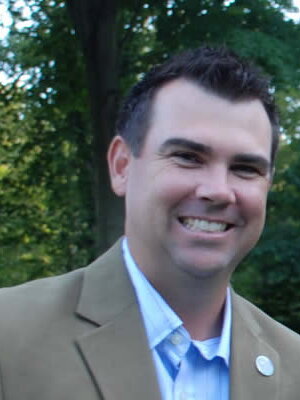
How/why did you choose Psychology as a major? I took an “intro to psychology” class in high school and really enjoyed it. When I first came to Illinois, I was pursuing a degree in business administration, but after two semesters, I wasn’t enjoying some of the core courses such as Accounting, so I looked around and asked myself, what would I enjoy learning? This is college and I have at least three more years, so what could I pursue that would capture my interest and desire to learn. I thought back to the intro to psychology course in high school, so I switched my major to psychology.
What specific skills did you develop by taking Psychology courses?
Gaining an appreciation for how people think differently. Learning to classify different personalities and as a result, being able to change communication style to enhance interaction between people. Also, learning various theories and how it can be beneficial to apply different models, to look at the same issue or subject to gain a better understanding.
Outside the classroom, what opportunities/experiences were most beneficial?
Participating in experiments, both as a subject and assisting grad students with operating their experiments. It was fascinating to be part of the process.
Did you believe that you “had to” obtain more schooling after your bachelor’s degree?
No, I had no plans to be a psychologist or psychiatrist, which would require additional schooling.
In retrospect, what would you have done differently as an undergraduate?
Not much, other than I would have networked more and spent more time to get to know more people. But other than that, I learned a tremendous amount, made many friends and did well academically.
If your bachelor’s degree was the highest degree you earned, describe the first job(s) you held.
I played professional golf right after graduating, so not sure you can call this my first job, but I did earn money doing it. After three years, I chose to become a golf professional, teaching the game to all ages, levels and socioeconomic groups (CEOs to children living on Native American reservations). This is where my psychology background really came into play, as I had to learn my student’s perspective, what were their motivations for wanting to play golf or improve and how best to communicate with my clients. No one teaching style or mode would work, treating each client as a unique individual, learning their personality, style of communicating and what their passions were, led me to being a better instructor.
If you continued more schooling after your bachelor’s degree, share your reasons.
I did take some online courses towards my Masters in Sport Psychology, but due to a less than engaging environment which online learning can be, I only took three courses.
Describe how you utilize your undergraduate Psychology skills in your current job/career.
I am currently the Vice President of Program Development & Participant Opportunities for The First Tee. The First Tee is a youth development organization that uses the game of golf to teach life skills (interpersonal skills, self-management skills, goal setting and resiliency skills) and character education to youth between the ages of 7 to 18 years. My role is to lead a team to develop curriculum (life skills, golf skills and health habits), conduct assessment and research on program impact and offer opportunities for teenage participants to attend leadership academies.
Much of the childhood development courses, counseling psychology and cognitive psychology classes have prepared me to think about how we design our curriculum and training for coaches. It also provided a framework for me to communicate with our consultants who assist with our development team, and are the real experts in the fields of counseling psychology, sport psychology and motor learning.
What pearls of wisdom can you offer to current undergraduate students?
Never underestimate the power of networking. Get to know your peers and professors. It does matter what you know, but it matters more how you communicate it, how you represent yourself to others and who you know. Relationships matter in life, so practice building them with everyone.